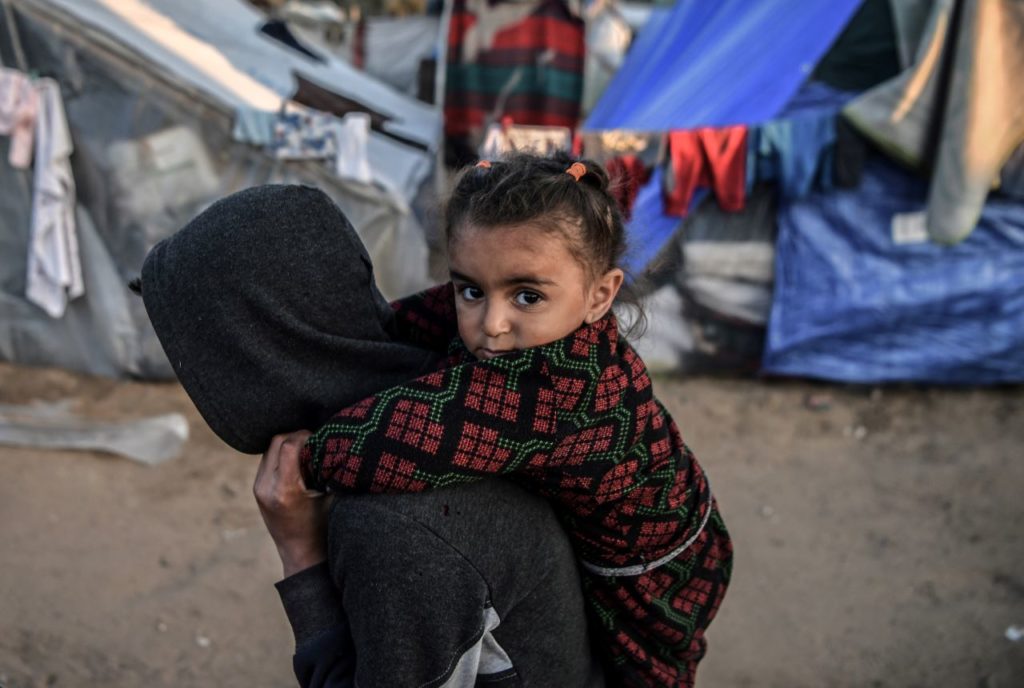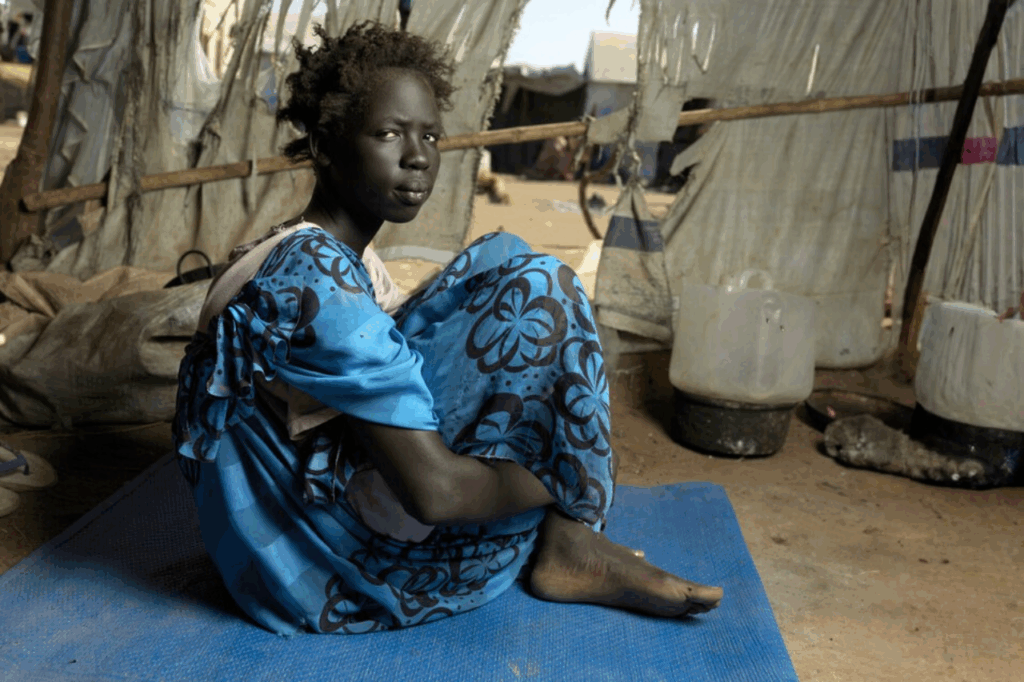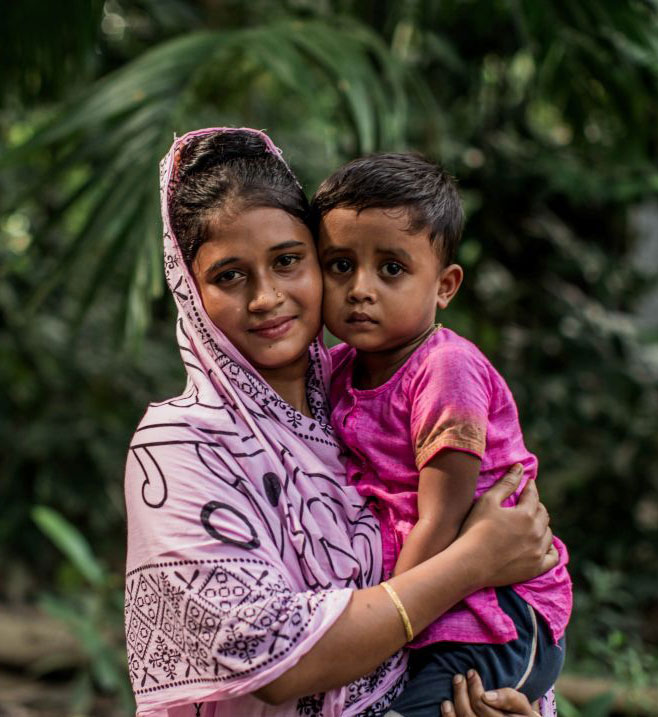
The humanitarian crisis in Gaza has reached catastrophic proportions. More than 17,500 children have been killed, and thousands more are injured, traumatised, and displaced.

The conflict in Sudan has reached catastrophic levels, leaving millions of families—especially women and children—without food, shelter, or safety.
